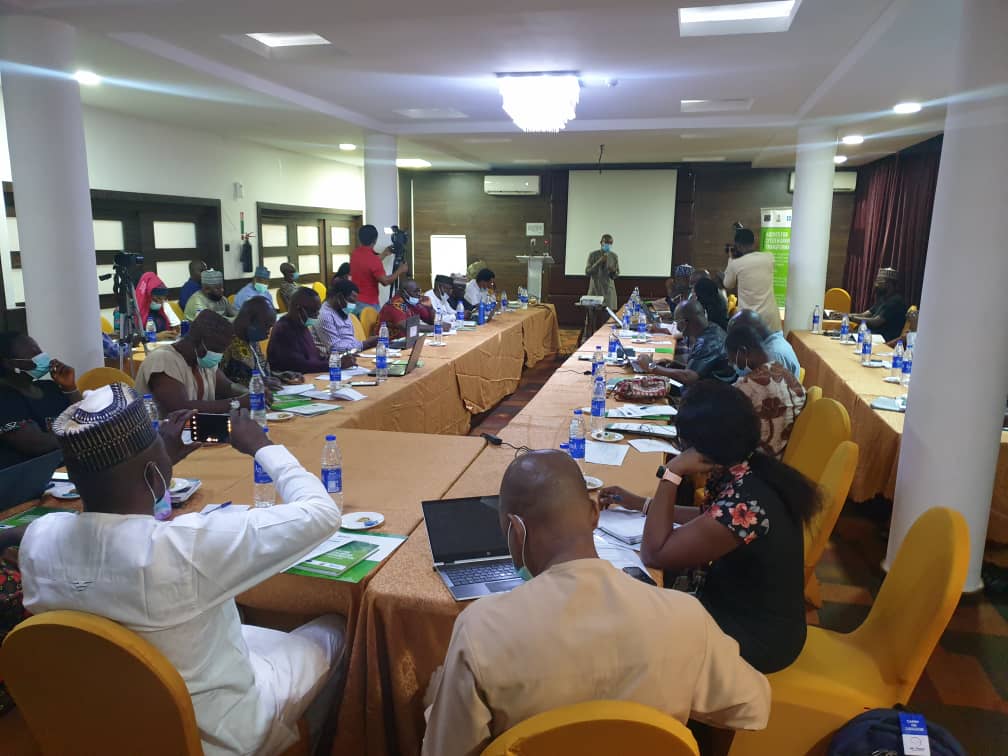
Determined to curtail the trend of money laundering and promote corporate governance in Nigeria, the European Union (EU) is strengthening the capacity of over 200 Civil Society Organisations (CSOs) across Nigeria.
The EU-funded initiative under the Agents for Citizens-driven Transformation (ACT) programme is targeted at enhancing the capacity of CSOs on regulatory framework relating to their corporate activities.
At the opening of a two-day capacity building workshop in Kano, on Thursday, the lead facilitator of the project, Professor Deji Adekunle explained that the program specifically targeted the compliance and operations officers, finance managers of CSOs with the aim of building skills in corporate governance and companies regulations.
Adekunle, who identified the components of the training which stretches across corporate affairs regulation, taxation matters, anti-money laundering, and pension regulation, recalled that CSOs are incorporated essential because of their role as agents of citizens-driven transformation.
The lead facilitator explained that participants are being empowered with knowledge and exposed to relevant documentation regarding Corporate Affairs Commission, CAC, and CAMA Act. 2020, Pension regulation and other frameworks, CSO’s must comply with.
“The program is one of the activities of the EU funded projects on Agents for Citizens-driven Transformation (ACT) program and this component of the program is looking at strengthening capacity of the CSO’s who are the main agents of Citizens-driven Transformation,” Adekunle said.
“The project being implemented by British council is deliberately to build capacity of operations officers and finance managers of the CSO’s on regulations, laws, framework relating to their activities. Issues on CAC registration, compliance to CAMA Act. 2020, money laundering tendencies and so on.” Professor Adekunle noted.
Assistant director, office of the Registrar-General, Corporate Affairs Commission (CAC), Tolulope Sonaike cautioned CSOs against money laundering tendencies while dealing with foreign partners.
Sonaike, who stated that CSOs are required to familiar with relevant corporate governance policies involved in registration of entities, emphasised that the federal government monitors cash flows into the country.
He noted that CAC has simplified the registration process and procedure as created an online option to eliminate unnecessary costs and improve the ease of doing business in Nigeria.
EU focal person in Kano, Rabi Adamu said the project targets CSOs in Ten states of Kano, Lagos, Sokoto, Maiduguri, Adamawa, Enugu, Rivers, Plateau, FCT Abuja and Ondo.
[ad unit=2]



